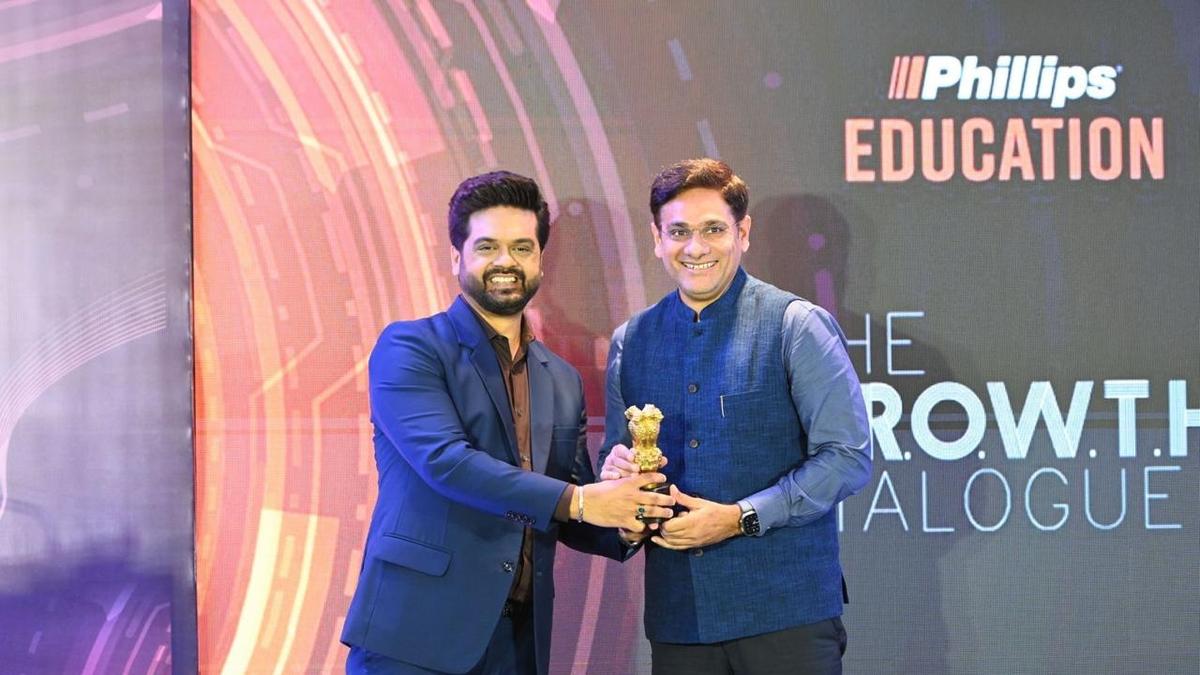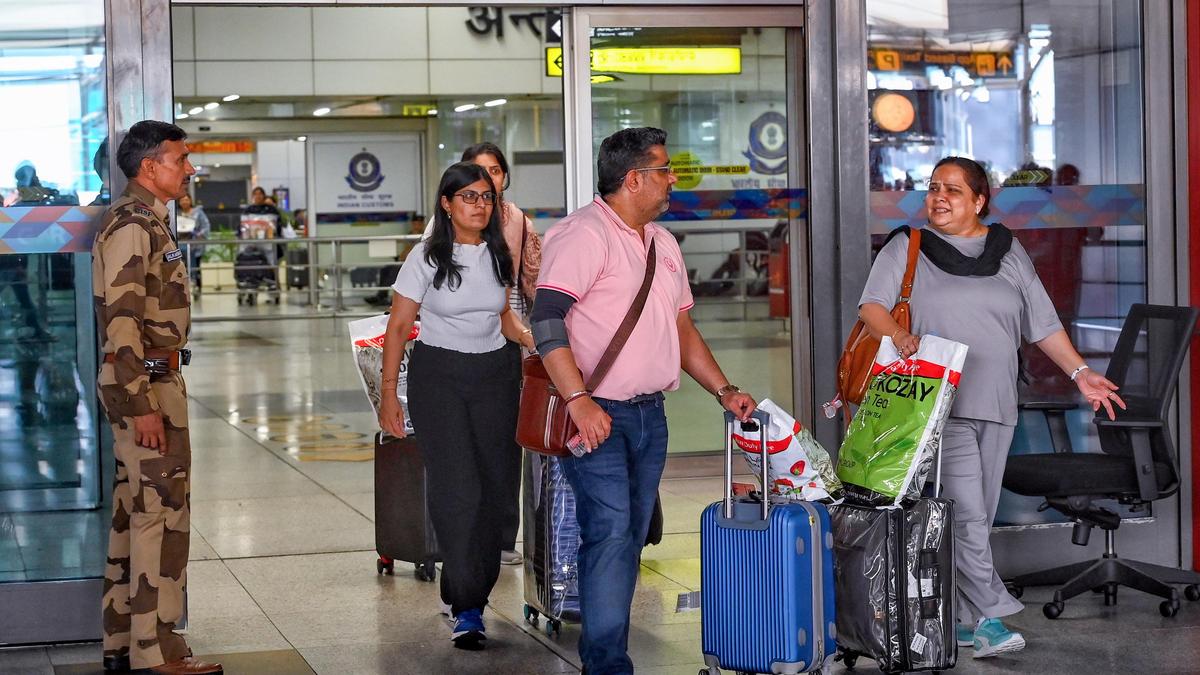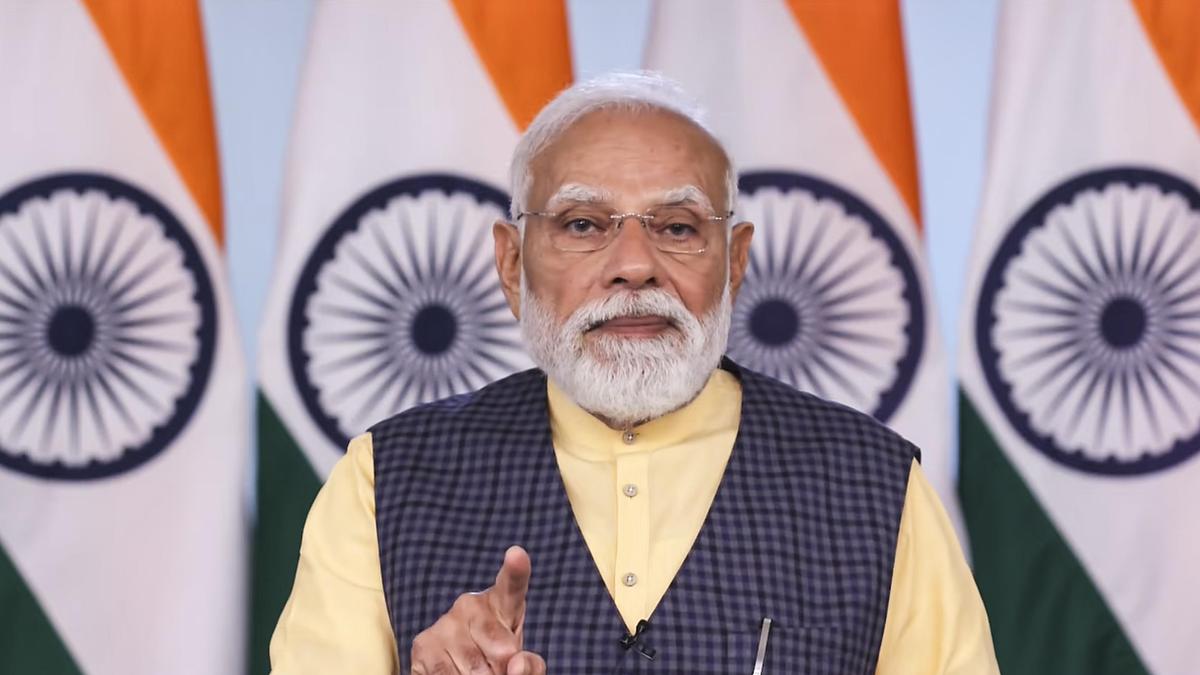(From Left to right) Rakshit Kejriwal, Global president, Philips Education and Saurabh Bahuguna, Minister for Skill Development and Employment, Uttarakhand. Photo: Special Arrangement
Industry and academia working together can bridge the skill gap in high precision industries in India, experts and policy makers said.
As India aims to realise its trillion-dollar ambitions in aerospace, defence, semiconductors, and renewables, and such partnerships, not isolated classrooms, can create job-ready talent, they added.
The G.R.O.W.T.H. Dialogue hosted in Mumbai by Phillips Education and Arthan highlighted the importance of such collaborations.
To bridge the skilling gap in high precision industries Phillips Education and IIT-Bombay have established an R&D lab focused on hybrid technologies that combine Computer Numerical Control (CNC) machining with 3D printing for aerospace applications.
“This model immerses students in real-world, cutting-edge technologies, and ensures industry relevance from day one,” Philips Education said.
As a result, employers find talent that can be deployed immediately, while students step into careers with future-proofed skills, it added.
“India’s demographic dividend is our greatest strength, but it will only yield results if we channel it through the right skilling pathways,” said Saurabh Bahuguna, Uttarakhand Minister for Skill Development and Employment.
The partnership model is also being used to make skilling more inclusive, he added.
There are programs for women and marginalized communities that aim to ensure that India’s industrial development is broad and ethically responsible. Through the implementation of introductory technology training, these programs strive to turn demographic potential into measurable workforce participation.
“This is the kind of practical skilling ecosystem India urgently requires,” said Rakshit Kejriwal, Global President, Phillips Education.
“If infrastructure builds nations, skills build civilizations. And those skills are best developed when industry and academia work together, not in silos,” he said at the event.
Global similarities further highlight the importance of such collaboration. The dual vocational system in Germany is considered the gold standard since it integrates academia with industrial responsibilities. India may be developing a variant of this system in partnership with IIT Bombay and other academic establishments, that is appropriate for creative and rapidly expanding businesses, the experts said.
These initiatives and collaborations could expand rapidly if India aspires to become a global leader in semiconductors, defense manufacturing, or renewable energy, they said.
The future of India’s industrial story will depend less on blueprints and more on how quickly industry and academia come together to build the workforce that can execute them, they added.
Published – September 23, 2025 02:46 pm IST






